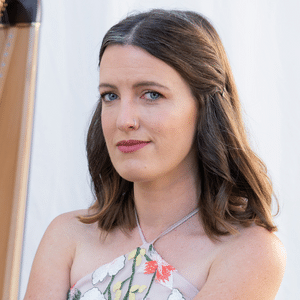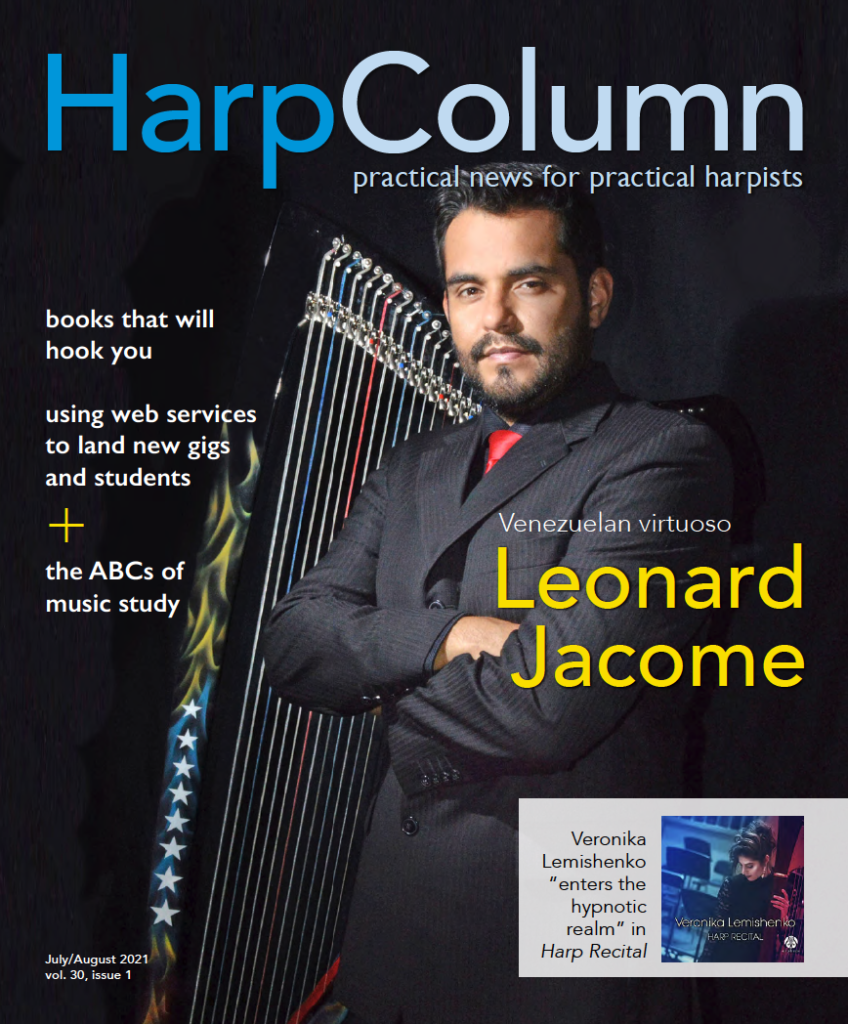In 2017, I was completing a homestudy. For those of you who are unfamiliar with that word, a homestudy is a process that prospective adoptive parents go through to ensure they are ready for parenthood and educated about the adoption process. Part of this includes a fairly benign psychological evaluation. One of the questions I was asked was, “In what ways do you struggle with your self-esteem?” I thought about it, expecting something to come up, but I honestly couldn’t think of anything current. We all had those strange and tumultuous middle school years, but those are long behind me. After I decided I had nothing to say, the social worker asked what I thought was the root cause of this confidence. Maybe this was something I could pass on to my child if I could only figure out what it was? At the time, I mentioned music, but only in a generic way: my parents had always been proud of my musical endeavors; they had supported my dreams. The conversation, however, left me at a loss.
Four years later, I now have a bright, extroverted, and extremely entertaining 3-year-old that I’m shepherding through the world. Her self-esteem is currently doing fabulously well, and she confidently introduces herself to everyone we walk past, always commenting that too many people don’t want to talk. I hadn’t been able to shake the question, however, of my own lack of struggle. I finally brought it up with a friend who has always battled self-image problems and she, with much more clarity than I ever had, mentioned that maybe it was a side effect of working in an industry that is predominantly female. As a train conductor, she is subjected to daily questions of her value. Is she strong enough to lift that? Are her reflexes quick enough? Does she really know what she’s talking about? Just the day before, she had given directions to a group, after which they had verified her information with her male coworker. She had spent the rest of the day feeling worthless. So maybe this was a root?
At gigs, people ask me questions about the harp and genuinely listen, assuming I know how everything works.
This sent me down a fairly long path of identifying the opportunities and boosts I’ve enjoyed, which my female counterparts in other professions may not have had. These all stemmed from the fact that I’ve been seen as an “authority” in my field. At gigs, people ask me questions about the harp and genuinely listen, assuming I know how everything works. People certainly rush to help me move my harp, but take “no” (or sometimes “NO!”) for an answer when I decline their help. I will never wonder if I was passed over for a job in favor of a man. Men have never, and I assume will never, interrupt me to tell me all the things they know about the harp. There is an assumption that “I got this.”
Many of you reading this presumably work as professional harpists, so I interviewed a female friend who is a vice president of engineering to see things from the other side. When she answered the video call, she greeted me in front of her bookshelf stuffed with tomes titled things like Robots and The Pragmatic Programmer. As she dug into this topic, it seemed like a well-worn trope. The most harmful thing, she said, is being one of the only ones who looks like you in a room and, sometimes, in a field. When speaking at conferences, she’s heard things like, “You’re much too pretty to be an engineer! Have you considered working in marketing?” Even as she interviews potential employees, many of them treat her flippantly, assuming she works for human resources. She suffered from years of impostor syndrome and always worked harder than her counterparts to “earn” the respect that should have been already granted by her impressive credentials. She was the de facto secretary, expected to take notes and schedule meetings, adding a second full-time job to the one she already had. But her presence is crucial: she knows that key women in her career helped her make it through the early years and showed her she belonged, so now she is the guiding light for the next generation.
It is also important to note that this umbrella of automatic respect does not always cover women of color in the harp world. One harpist disclosed, “When I was studying, I was the only one who would be asked to come early to tune, stay late to clean up, and was the last on the list for all masterclasses. It didn’t matter that I won music competitions. Everyone else in the studio was white.” Harpists who are not white do have similar trials to those noted above: a lack of representation can make them feel like outsiders, they are often expected to take on roles that others do not have, and they are sometimes told point-blank that they simply do not look like harpists. While I am no psychologist, I have to assume this is emotionally detrimental and has lasting impacts on self-esteem.
While we continue to fight for respect for all women, I’m certainly feeling a lot of privilege and gratitude that I do not experience the daily frustrations that can send some into a spiral of self-doubt. I feel I’ve virtually waltzed through my career, lifted up as the CEO of my instrument and treated as such. This does lead me to ask: if we achieved true equity and inclusion, what kind of wonderful world would be created by the confident generations of the future? •






